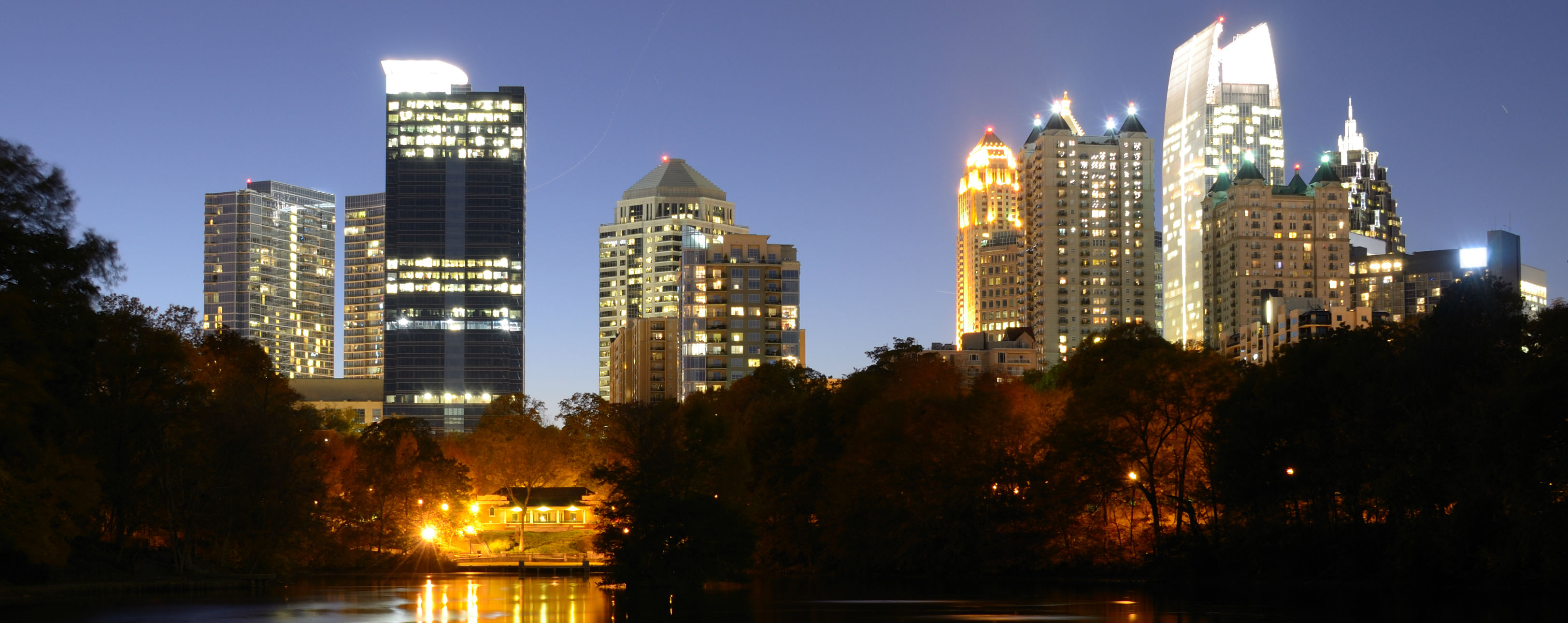
At the end of January 2018, Atlanta became the first city in Georgia to enact inclusionary zoning laws. The ordinances specifically apply to areas near the Beltline and the new Mercedes-Benz stadium. In summary, the laws demand that developers give a specific portion of units to Atlanta residents who make between 60 and 80 percent of the area’s median income. There are a few ways that these new ordinances will affect the city’s development scene.
What Do These Laws Solve for Atlantans?
Many areas in Atlanta are expecting to have residential development on various pieces of land. This has resulted in sharp increases in rent and property possession prices, which has made area residents very concerned about future affordability with limited land. Atlanta fixed the original zoning code by making it a development for workforce housing. Workforce housing is a real estate term that’s also known as affordable housing occupied by a group of profitably employed people. The goal of inclusionary zoning is to fix this problem by bringing people from all different socio-economic backgrounds into a similar community. Atlanta prides itself on its diverse culture and having a workforce housing zone will promote this inclusionary community.
The city of Atlanta has had one of the largest metropolitan population growths in the country in the last ten years. This has resulted in many different zoning laws being enacted, and these laws can be complex when there’s constant rezoning and special permits happening throughout the city. Atlanta’s government wants to keep the city as economically productive as possible, but unfortunately, many local politicians have disagreed with the new zoning campaigns. The attorneys at Hecht Walker, P.C. have experience in helping their clients address these Atlanta zoning and permitting policies. Contact us today for a consultation.
